What Diseases Can Cause a False-Positive HIV Test
 Omari
|
Omari
|
 08 Sep 2025
08 Sep 2025
Understanding How HIV Tests Work
HIV testing usually relies on finding antibodies your body makes against the virus, viral antigens like p24, or both. Antibody tests focus on the immune reaction, antigen tests look for parts of the virus itself, and 4th generation tests check for both at once. They are very sensitive, which is good for early detection, but it also means they can sometimes react to things that aren’t HIV, leading to a false positive HIV test.
What a False-Positive HIV Test Means
A false positive HIV result is when the test says “reactive” even though there’s no HIV infection. It can happen when something else in your blood mimics what the test is looking for. This is why no diagnosis should ever be made from a single screening test. Many people have gone through the stress of “I had a false-positive HIV test” only to have confirmatory results show they were negative.
Autoimmune Diseases That Can Cause False Positives
In autoimmune diseases, the immune system produces a wide range of antibodies, and some can confuse HIV test kits. Lupus, rheumatoid arthritis, and multiple sclerosis are well-known examples. These antibodies can cross-react with HIV test antigens, which is enough to cause false HIV positive results in a screening.
Recent Viral Infections and Their Effect on Results
After certain viral infections, the immune system is in overdrive, producing large numbers of antibodies. Influenza, hepatitis, and even recent COVID-19 can trigger this. People often ask, “can herpes cause a false positive HIV test?” — while herpes isn’t a major cause, during an outbreak the extra immune activity can slightly raise the odds of a misleading result.
Certain Parasitic or Bacterial Infections
Diseases like syphilis, tuberculosis, and malaria can also lead to a false positive HIV test. The antibodies produced in these infections may look similar enough to HIV antibodies that the test reacts to them. In areas where these conditions are common, the HIV false positive rate can be higher.
Pregnancy and Postpartum Immune Changes
Pregnancy changes the immune system and hormone levels. These changes can sometimes mimic antibody patterns seen in HIV testing. This is one reason why all positive results during pregnancy are checked again with a more specific method. A false HIV positive result in pregnancy isn’t common, but it’s not unheard of.
Blood Transfusions or Recent Vaccinations
A recent blood transfusion or certain vaccines, such as hepatitis B or flu shots, can temporarily change your antibody profile. In rare cases, this can be enough to cause a false positive HIV reading if testing happens too soon afterward.
Chronic Liver or Kidney Diseases
Long-term liver problems, chronic hepatitis, or kidney failure in people on dialysis can also affect antibody production and immune markers. These changes can occasionally trigger false HIV positive results during screening.
Why Confirmatory Testing Is Essential
Screening tests are designed to detect every possible infection, but this means that some healthy people will receive a reactive result. Confirmatory tests, like the Western blot or nucleic acid test, are far more specific and can rule out a false alarm. Skipping this second step risks misdiagnosis.
How to Reduce the Risk of a False-Positive Result
If you’ve been sick recently, had a vaccine, or live with a condition that might affect your immune system, let the clinician know before testing. Waiting until your immune system has settled after illness can lower the chance of a false positive HIV test. Using a trusted clinic — such as one partnered with Sanford Pharmacy — ensures that any reactive result is handled with the right confirmatory follow-up.
Categories
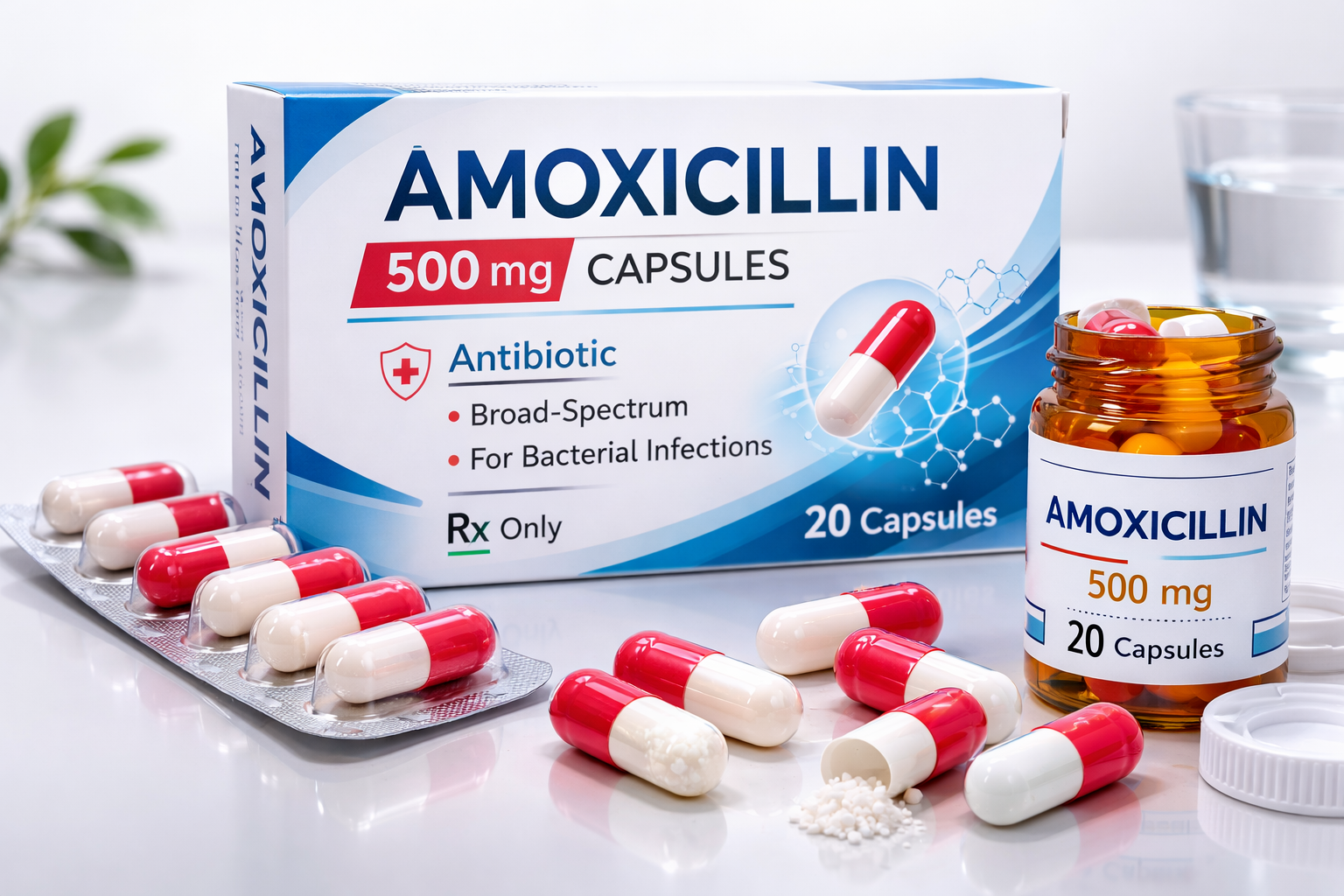
How Long Does Amoxicillin Stay in Your System?
 Graciela
Graciela

Can Newborns Get Infections from Visitors?
 Tobias
Tobias
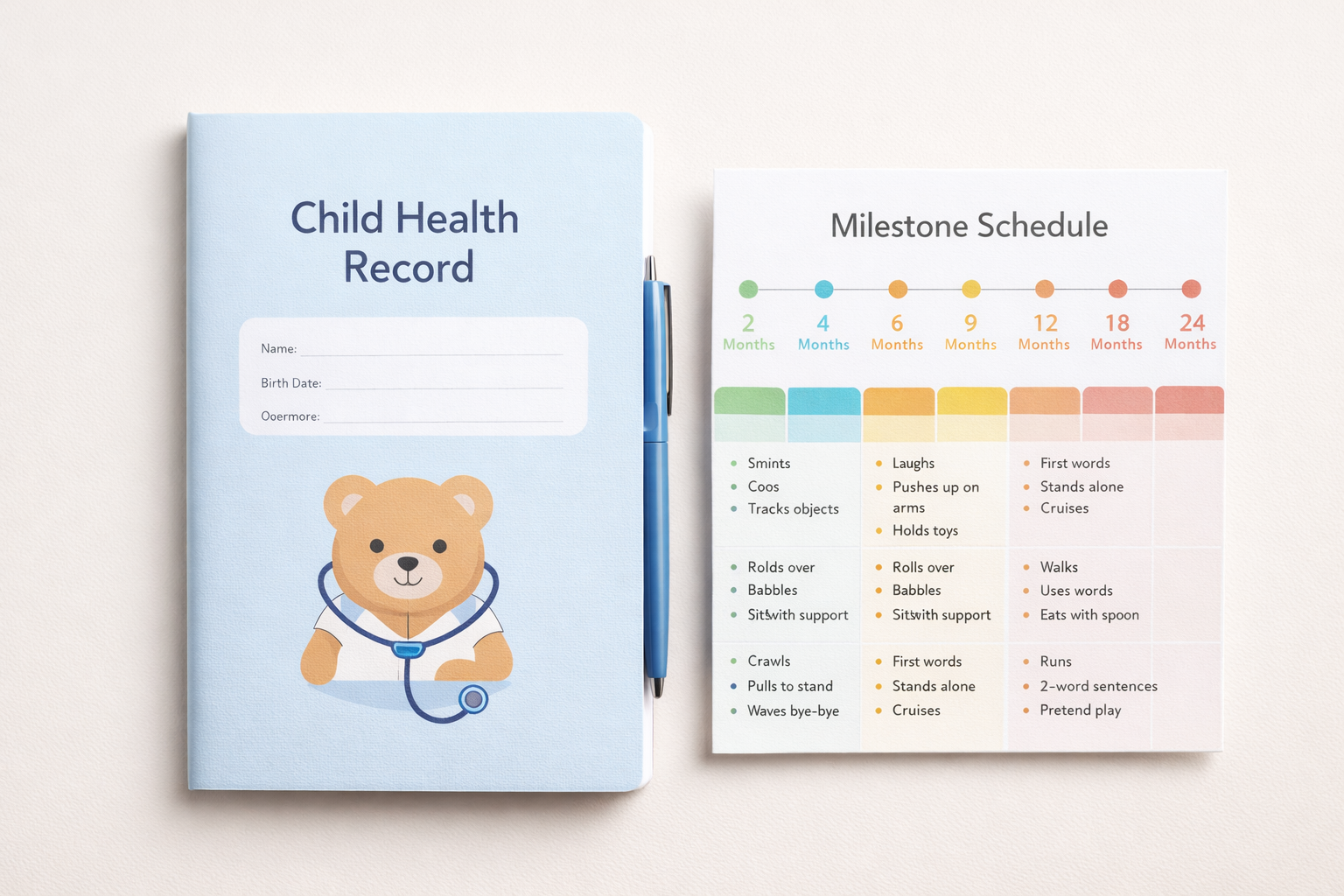
Signs of Developmental Delays in Infants!
 Justice
Justice

What Vaccines Are Required for Toddlers?
 Molly
Molly

Is Baby Getting Enough Breast Milk?
 Monserrat
Monserrat

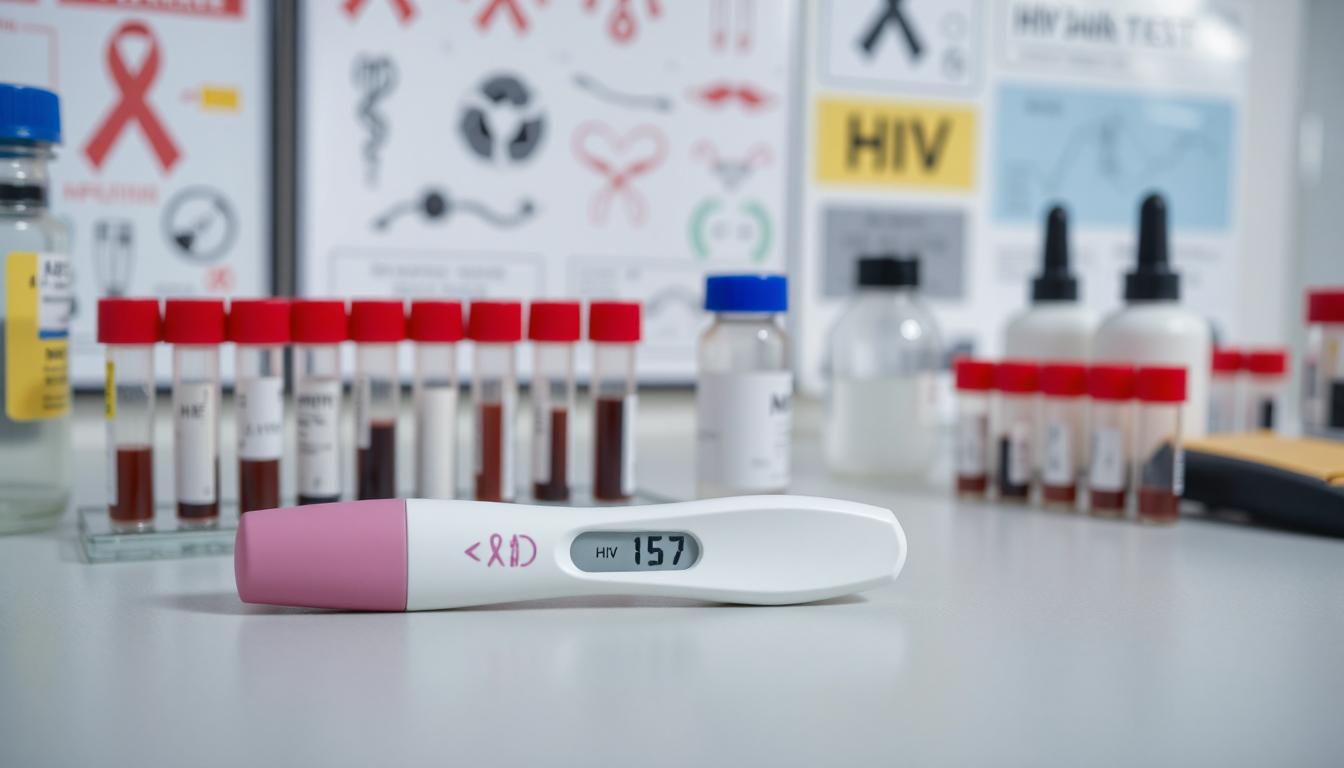
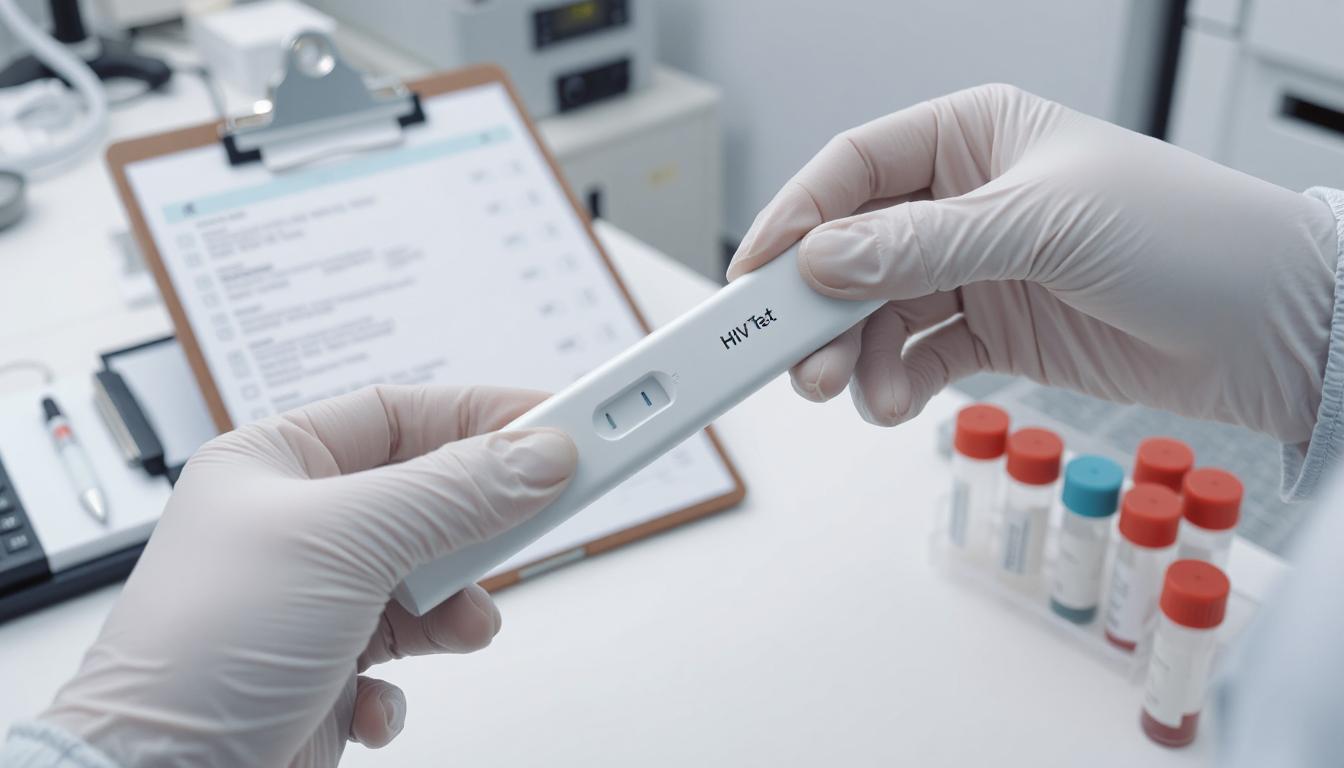









.webp)
.webp)
-(2).webp)
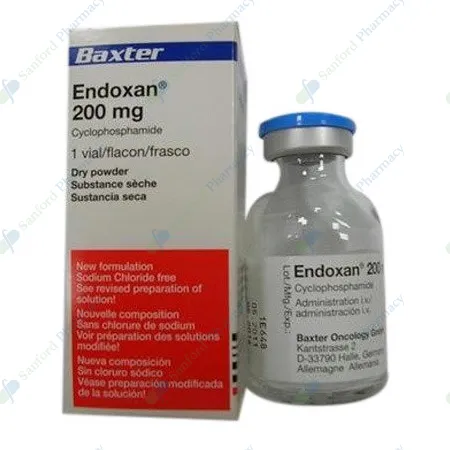
.webp)